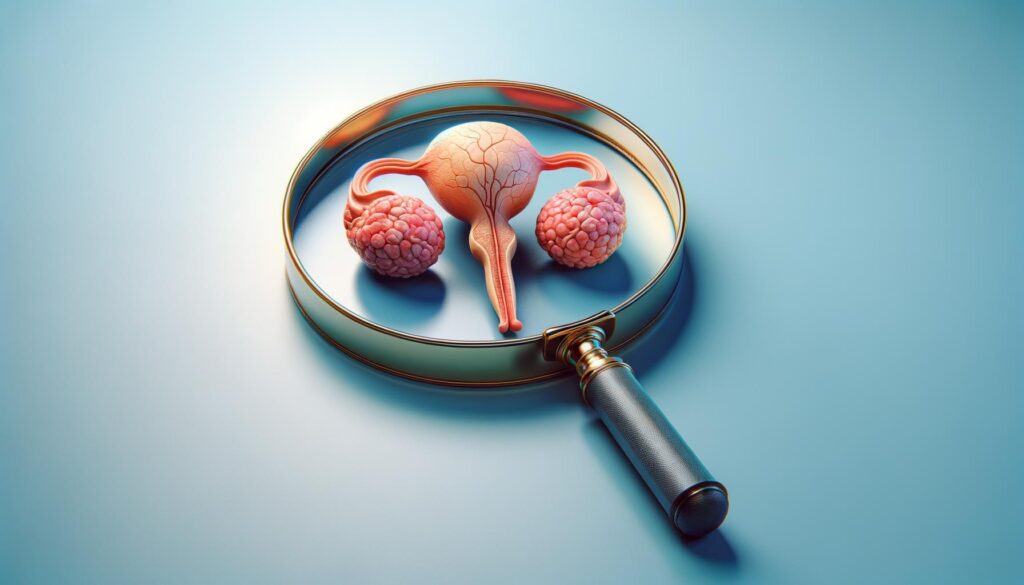Understanding the Early Signs of Prostate Cancer

Recognizing the Common Symptoms
Prostate cancer often presents with subtle signs that can easily be mistaken for other less serious conditions. Early detection can significantly improve treatment outcomes, so it’s important to pay attention to what your body is telling you. Common symptoms include:
- Frequent urination, especially at night
- Weak or interrupted urine flow
- Blood in urine or semen
- Painful or burning sensations during urination
- Discomfort in the pelvic area
Not everyone with these symptoms has prostate cancer, but if you experience one or more of them persistently, it is wise to consult a healthcare professional for further evaluation.
Changes in Urinary Habits
One of the earliest signs of prostate cancer is a change in urinary habits. The prostate gland encircles the urethra, and as it enlarges with the progression of cancer, it can affect urination. Men might notice they’re urinating more frequently, or they might experience difficulty starting or stopping urination. These symptoms can also be caused by other non-cancerous conditions like benign prostatic hyperplasia (BPH), but a medical evaluation can help determine the exact cause.
Erectile Dysfunction and Discomfort
Prostate cancer or its treatments may result in sexual health issues like erectile dysfunction. While aging and other health issues can also affect this aspect of male health, a persistent change linked to discomfort or pain should be investigated. Sometimes, individuals might also feel pain or stiffness in the lower back, hips, or upper thighs. These symptoms suggest that the cancer may have spread beyond the prostate, but only medical tests can confirm these details.
Understanding Risk Factors
Being aware of the risk factors can aid in early detection and prompt discussion with your healthcare provider. Some of the acknowledged risk factors for prostate cancer include:
- Age: Risk increases after age 50.
- Family history: Having relatives with prostate cancer increases risk.
- Race: African-American men have a higher incidence of prostate cancer.
- Diet: A diet high in red meat or high-fat dairy and low in fruits and vegetables might increase risk.
Awareness of these factors combined with regular health screenings can help in the early identification of any problems.
Seeking Medical Guidance
If you suspect any symptoms correlating with prostate cancer, seeking timely advice from a healthcare practitioner is crucial. Prostate cancer diagnosis often involves several tests such as a digital rectal examination (DRE) or a prostate-specific antigen (PSA) blood test. In some cases, more advanced imaging tests or a biopsy may be required. The earlier a potential issue is detected, the more straightforward it is to treat, so regular check-ups are recommended, particularly for those at higher risk.
Conclusion
Understanding and recognizing the signs of prostate cancer is essential for early intervention and successful management. Regular screenings and being attentive to changes in your body can lead to earlier diagnoses, more effective treatment, and better outcomes. If you notice any signs or have risk factors associated with prostate cancer, consider discussing them with your doctor to ensure any issues are addressed promptly.
